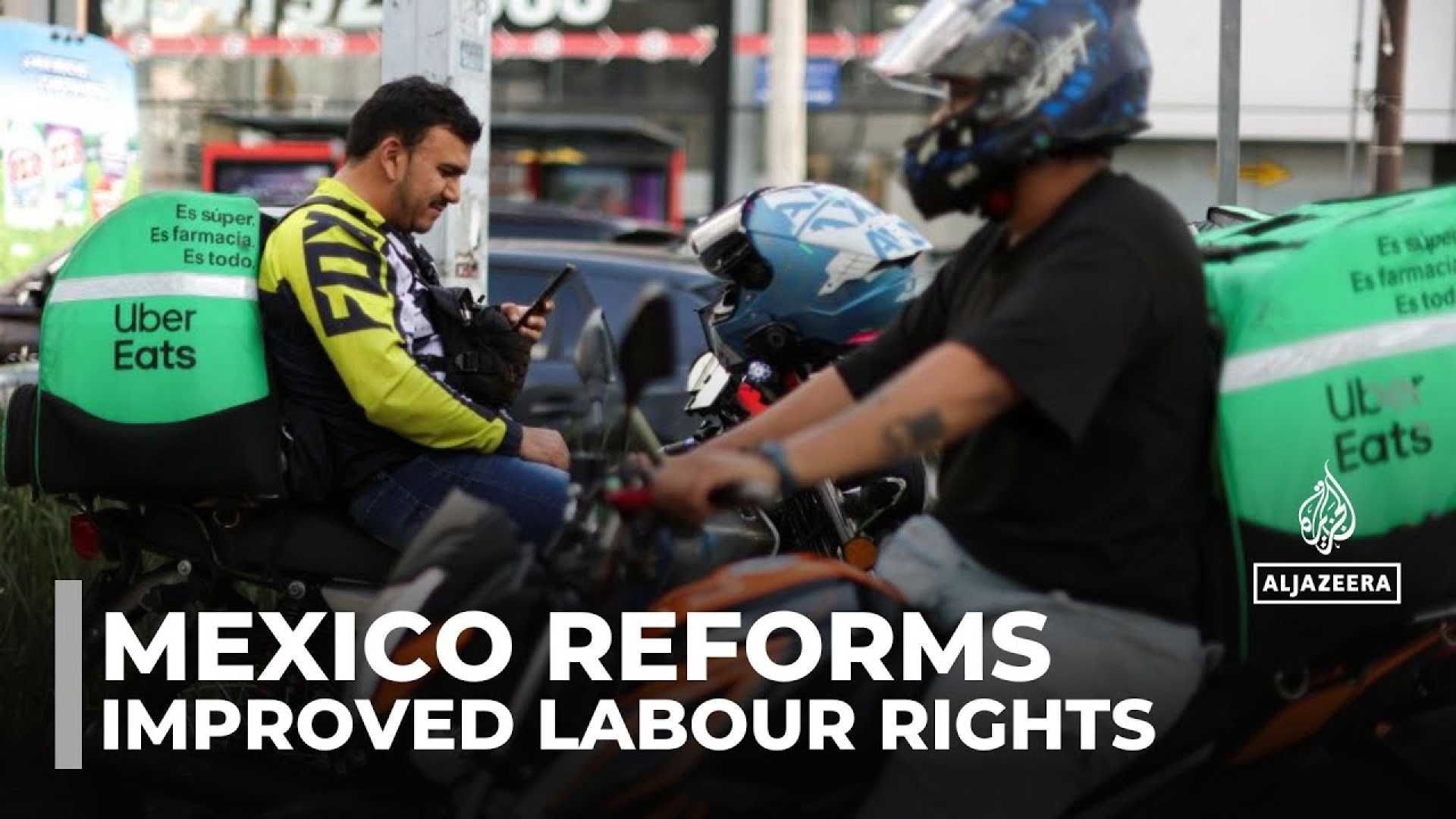Business
New Labor Law Affects Uber Drivers in Mexico Starting June 22

Mexico City, Mexico — On Sunday, June 22, new reforms to the Federal Labor Law regarding digital platforms will come into effect, establishing a formal labor relationship between drivers and delivery personnel and the companies or individuals that hire them.
The law aims to ensure that workers receive essential benefits, including social security, indemnities, contributions to the National Workers’ Housing Fund (Infonavit), bonuses, and profit sharing. While this is viewed as a positive change for platform workers, it also contradicts the flexibility that attracts many to jobs with companies like Uber and Rappi.
The enforcement of the law will not happen all at once. A pilot program for enrolling in social security will begin on Friday, June 27, allowing time to implement necessary adjustments, according to Andrew Macdonald, Uber’s president and chief operations officer, in an interview published this week in La Jornada.
Macdonald described the reform as innovative and supportive of workers’ social security. However, he cautioned about “unintentional consequences” that could negatively impact them. He noted that the new social security fees and tax obligations could make these jobs less profitable, potentially leading to driver attrition: “As things stand, it’s almost impossible to avoid losing drivers.”
Macdonald predicted that of Uber’s 250,000 driver partners, approximately 83,000 might stop working due to these changes. Additionally, the new legal framework threatens earnings estimated at 12 billion pesos. For Uber, this could mean a hit to profitability, with projected losses of around 2 billion pesos. He urged the Mexican government to consider operational costs and net profits (after taxes) instead of gross earnings.
According to Mexican authorities, over 650,000 people rely on their jobs from digital platforms, with 272,000 earning equal to or more than the monthly minimum wage. This figure is significant as the reform only recognizes platform workers who earn at least the monthly minimum wage, which is 8,364 pesos in Mexico City. Others will be classified as independent workers and will not receive reductions on social security fees. However, they will be protected under the law and the hiring platform will be responsible for social security payments in case of workplace risks.












